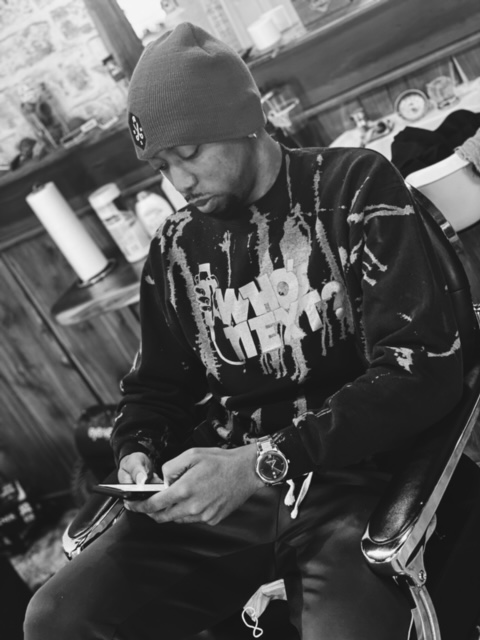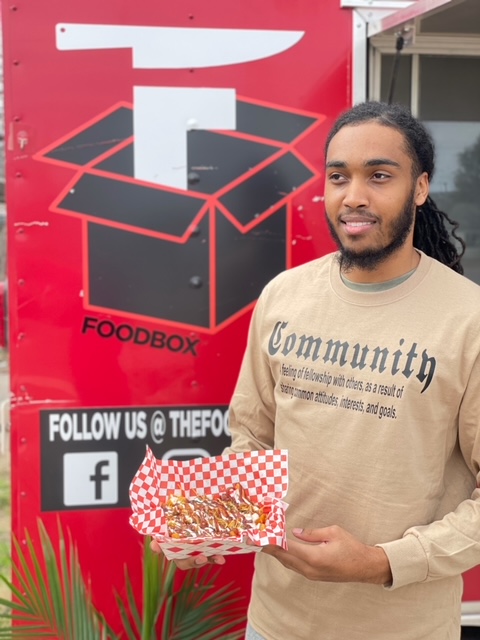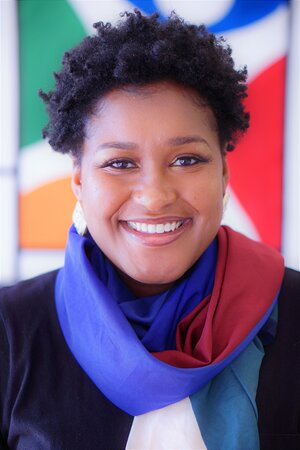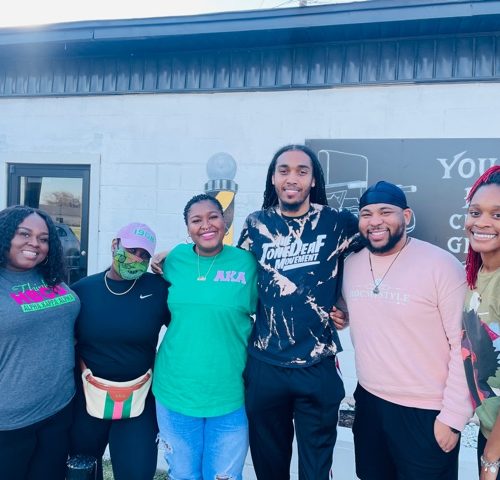Since the beginning of time, people have been intentional about creating spaces for talking, singing, dancing, eating and fellowshipping.
We have invested numerous amounts of money into décor, clothing, and eating options in order to do what we do best – relate to one another. Being a Black woman from Texas, one consistent space that I attended twice a week for said “fellowshipping” was church. Church service took place Sunday morning and evening, and Bible study occurred every Wednesday night. It did not matter if I had a soccer game, a favorite television show, or just plain did not want to attend, the expectation was that I would be in a pew, praising God amongst my fellow Christian brothers and sisters. I was raised Church of Christ, which is typically known for singing acapella, worshiping without instruments, taking the Lord’s Supper every Sunday, and for not including women as deacons, elders or preachers. When you’ve only been exposed to one way of worshiping, you naturally assume everyone does the same. As I aged, I quickly learned how wrong that assumption was.
When I wrote the poem “The Barbershop is the Black Church,” I had my dear friend and business-owner in mind. For almost a decade, I received haircuts, unsolicited and solicited business and life advice, shared meals, cried, attended funerals, celebrated promotions, coached people through depression, and attended weddings all under the context of my friend’s barbershop. From the time I started receiving haircuts in undergraduate from the owner of RocMyStyle Barbershop in Waco, Texas, I knew that I had found a Black mecca. I watched future doctors, dentists, professional athletes and educators rub shoulders and share a joke with high-school students, blue collar professionals, pastors, preachers and felons. In the barbershop, I quickly learned that it was not about your station in life; it didn’t matter your role, or what you had done an hour before arriving. Once you stepped foot inside, we were all united under a common purpose; to receive a haircut.

The barbershop is the Black church. The clippers are Black Wall Street. The booths are pews for lost souls, from slapping alcohol on the backs of necks to the barber man saying, “who’s next?”
The barbershop has saved my life, given me purpose, guidance, community and acceptance. I have watched how it has become the place where men, women and children can come to find solace in a world that intentionally elicits hopelessness in Black people. Church used to be the cornerstone of Black life, as to be expected, since we know historically that enslaved and freed people had the option of gathering at church. Church was where love was established, food was served, God was worshiped, and freedom was planned. I would argue that church is no longer a balm for Black people in a cold world centered in highlighting and amplifying just how exclusive and othered Black people feel.

But the barbershop is the great equalizer; it is a place where Black people can confidently receive guidance, advice on financial development, community outreach and engagement opportunities, and find a resource hub for all social events. I know that the barbershop can serve all of these purposes and then some because I have witnessed my close friend, and serial-social entrepreneur Dominique “Rocko” Bolts, leverage his space to build community for people. His barbershop is a safe haven, and I pray that barbershops all over the land will embrace his model.
If the COVID pandemic did not teach us anything, it taught me this: people need a place to belong. I thank God my place is a Black barbershop. And as far as worshiping goes, I have found God in a pew at the same rate that I found him in a seat at the shop, listening to Black men coach their toddlers through their first cut, witnessing mothers scramble money together for a holiday haircut the day before Christmas, talking on the phone with Rocko as he gives money to a homeless person on Waco Drive, and I have found God the most on Sunday evening, when Rocko, other community members and I share a meal from his food truck, The FoodBox Waco, and have a conversation for two hours about life, love, success and everything in between. God is most certainly at play in the lives of barbers who transform egos through haircuts, lives through words, and opportunities through resources. Long live the Black barbershop, which is the Black church and safe haven for lost souls seeking acceptance.

Tonee B. Shelton is a writer, author, poet, and licensed master-level social worker from Killeen, Texas. She received her master’s degree in social work from Baylor University’s Diana Garland School of Social Work in 2017. Since then, Tonee has been a site coordinator and project manager of a grant-funded after-school program, a Chief Impact Officer for Communities In Schools in Waco, Texas, and she recently self-published her second volume of poetry, “Identity Crisis” (2022). Tonee is a local poet and author and enjoys facilitating conversations around the intersectionality of art and equity. She is the facilitator of her agency’s diversity, equity, inclusion and belonging scope of work. Find Tonee Shelton on Instagram @bettawatchyatone, Facebook, and LinkedIn.




